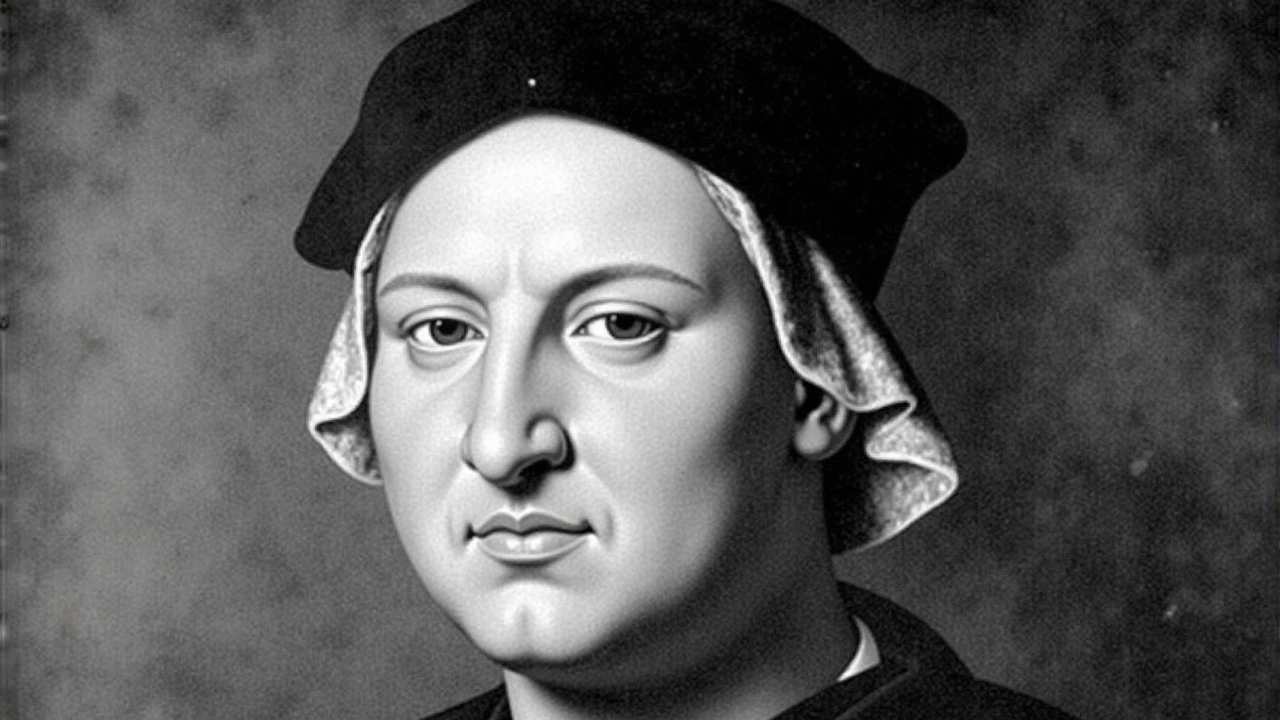Christopher Columbus: Exploring His Impact and Legacy
Christopher Columbus is a name often linked to discovery and exploration. His voyages in the late 15th century changed the course of history by connecting distant parts of the world. But what do we really know about his story and its effect today? Let's break down some key points.
Who Was Christopher Columbus?
Columbus was an Italian explorer who sailed under the Spanish flag. His most famous journey in 1492 aimed to find a new route to Asia by sailing west. Instead, he landed in the Americas, opening up what later became known as the New World to European powers. This marked a major turning point in global history.
While often celebrated for his adventurous spirit, Columbus's legacy is complex. His arrival led to significant cultural exchanges but also severe consequences for indigenous populations. Understanding both sides helps us see why his history is still widely discussed and debated.
Why Is Columbus Still Relevant?
Today, Columbus is talked about not just as a historic figure but as part of ongoing conversations about colonization, cultural heritage, and identity. Events and commemorations around his voyages happen worldwide, sometimes sparking debates on how to honor or reconsider his role. For instance, some places have replaced Columbus Day with Indigenous Peoples' Day to highlight native histories.
Besides historical discussions, recent news sometimes references Columbus when topics of exploration, discovery, or even navigation come up. Tubular Track News covers various angles of these stories, helping readers grasp how the past ties into present events.
By keeping an eye on Christopher Columbus's story, you can better understand the roots of today's global connections and controversies. Whether you're curious about history, culture, or international affairs, Columbus remains a figure worth knowing about.
Researchers led by forensic expert Jose Antonio Lorente have employed DNA analysis to reveal that Christopher Columbus was of Spanish Sephardic Jewish origin. This groundbreaking study challenges the long-held belief that Columbus hailed from Genoa, Italy. By comparing genetic material from Columbus and his relatives, the study confirms with certainty that he is buried in Seville Cathedral, Spain, forever altering the historical narrative of the famous explorer.


 Sports
Sports